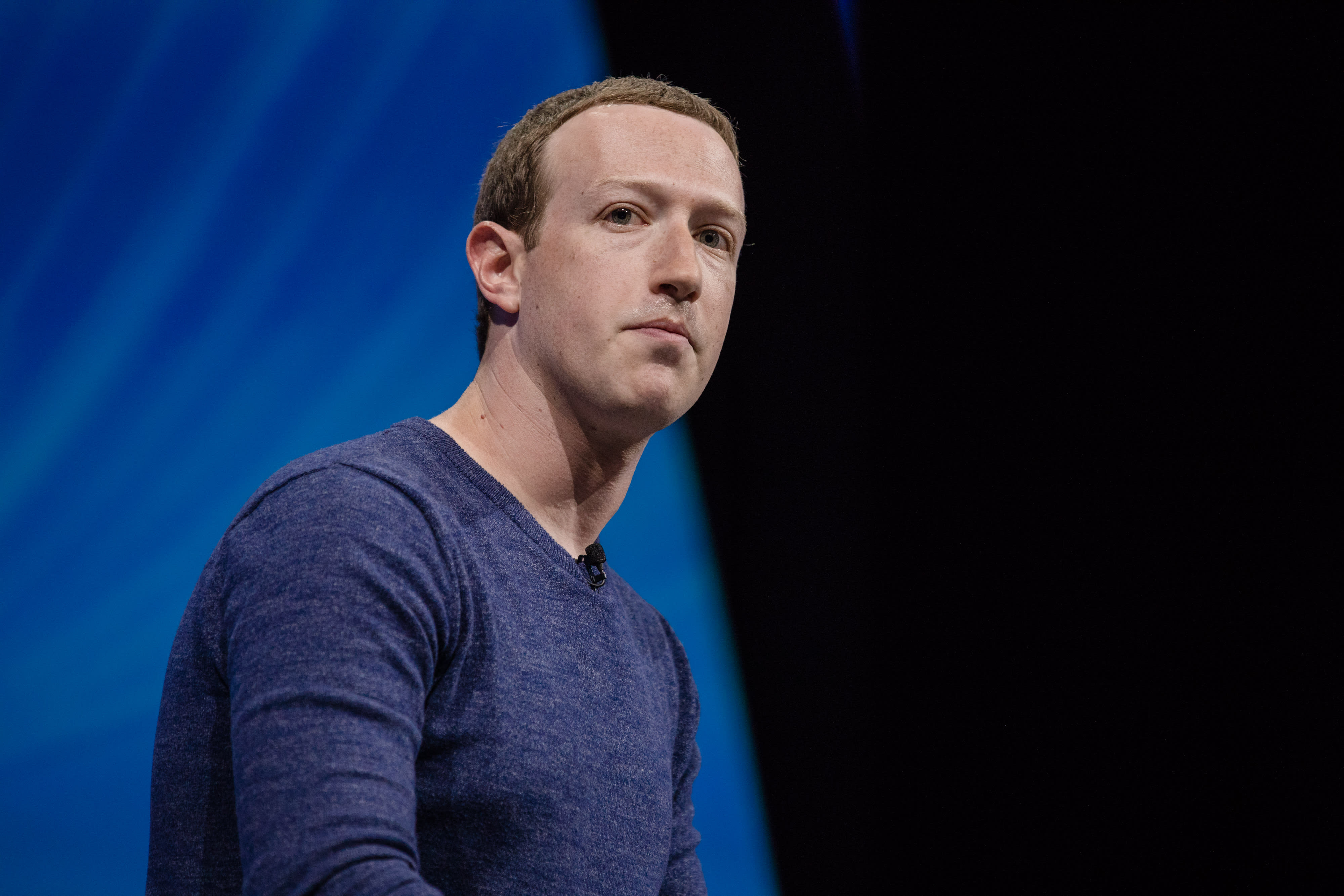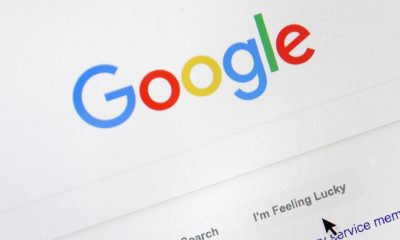SOCIAL MEDIA NEWS
Facebook’s struggle to break into hardware
Facebook’s first hardware failure came in 2013.The company partnered with HTC to create the HTC First, a smartphone with a Facebook-oriented interface that was an instant flop and was quickly discounted to just $0.99. Since then, very little has changed.Facebook on Wednesday announced its latest lineup of Portal video-calling smart speakers, and CNBC reported Tuesday that the company is partnering with Ray-Ban-maker Luxottica to develop augmented reality (AR) smart glasses. For the past six years, Facebook has tried over and over to release a hardware product that consumers will want, and it has never succeeded.In 2014, Facebook bought Oculus VR for $2 billion with CEO Mark Zuckerberg and CTO Mike Schroepfer serving as the key deal sponsors behind the acquisition, according to a person familiar with the matter. At the time of the deal, Zuckerberg explained that Facebook had ambitions to build the next great consumer platform.”At this point we feel we’re in a position where we can start focusing on what platforms will come next to enable even more useful, entertaining and personal experiences,” Zuckerberg wrote in his Oculus acquisition announcement. “The future is coming and we have a chance to build it together.”Since then, it has released a handful of virtual reality headsets. None have been hits, and the most successful of the bunch is the Gear VR, a headset made by Samsung that was often bundled in for consumers who purchased popular Samsung smartphones.In 2016, Facebook brought in Regina Dugan, the former director of the Defense Advanced Research Projects Agency, or DARPA, and Google’s Advanced Technology and Projects, or ATAP, division to create a hardware-focused skunkworks lab called Building 8.That unit was stripped and reorganized in less than two years, and it’s only contribution were the Portal devices. It’s unclear how the new Portal products will fare, but the first generation released in 2018 shipped only 54,000 units, according to IDC. Facebook disputes that estimate, but the company has never offered its own figure and declined to do so at the second-generation Portal unveiling on Tuesday.In Redmond, Washington, Facebook has been working on augmented-reality glasses going as far back as 2016, according to a source familiar with the matter. Yet after all that time, the company has nothing to show for it. Facebook has struggled to reduce the size of its smart glasses into a form factor consumers will like, multiple sources told CNBC. As a result, the company is partnering with Ray Ban’s parent company Luxottica, but the company does not expect to release a product anytime before 2023, sources said.Even though Facebook has failed to break into hardware, several of its software-first peers have found success. Most notably, Amazon has taken a seat in consumers’ living rooms with its line of Echo speakers and its Fire TV streaming devices. Google, meanwhile, rode the coattails of the Amazon Echo with its own line of Google Home speakers, and it is now selling the third-generation of its popular Google Pixel smartphones.This entry into the hardware space has long been a priority for Facebook CEO Mark Zuckerberg.Zuckerberg is obsessed with the idea of Facebook being a utility to its users, a former Facebook employee who worked in Building 8 told CNBC. By serving as a utility, consumers cannot simply rid themselves of Facebook and its various apps and services because they provide too much fundamental value.The company already plays this role in various ways. It serves as an address book, an events calendar, a photo album and a messaging service. The social network plays a huge role in how users live their lives online, but Facebook has never made the hardware device consumers use to access their digital lives.Facebook was a mere start-up when smartphones first came about. Zuckerberg bet big on VR in 2014, but Facebook appears to have arrived at least 10 years too early to that party. The company is behind Amazon and Google and a few years too late to the smart speaker and smart home market. Facebook is hoping it can finally stick the landing with smart glasses.Facebook did not have a comment for this story.WATCH: Here’s how to see which apps have access to your Facebook data — and cut them off
Source link













